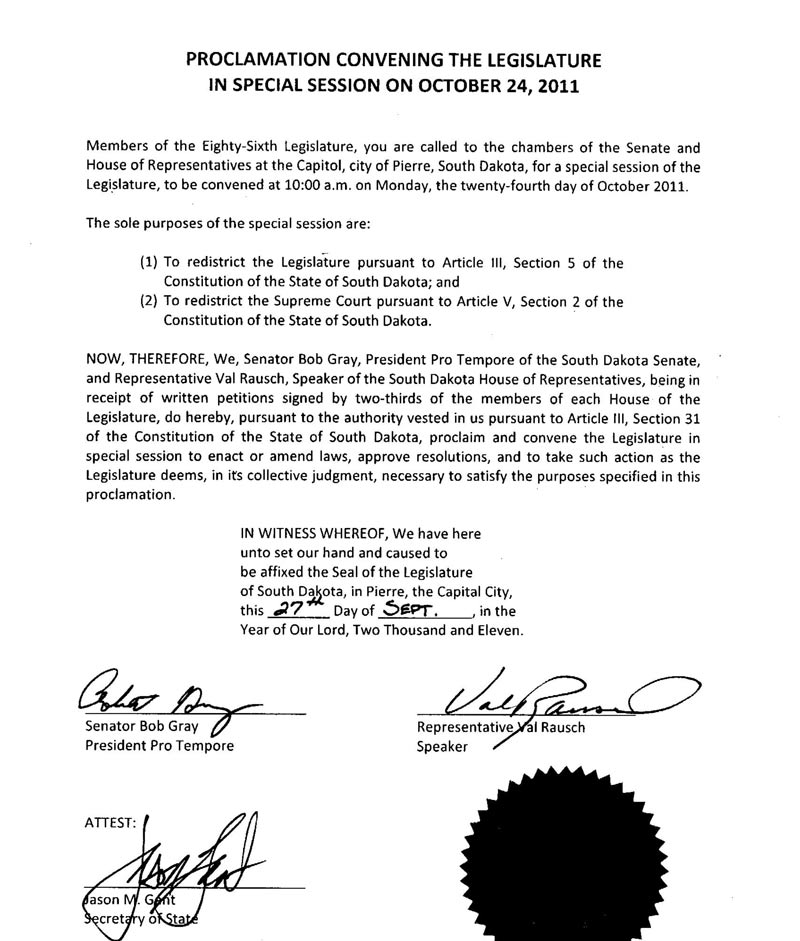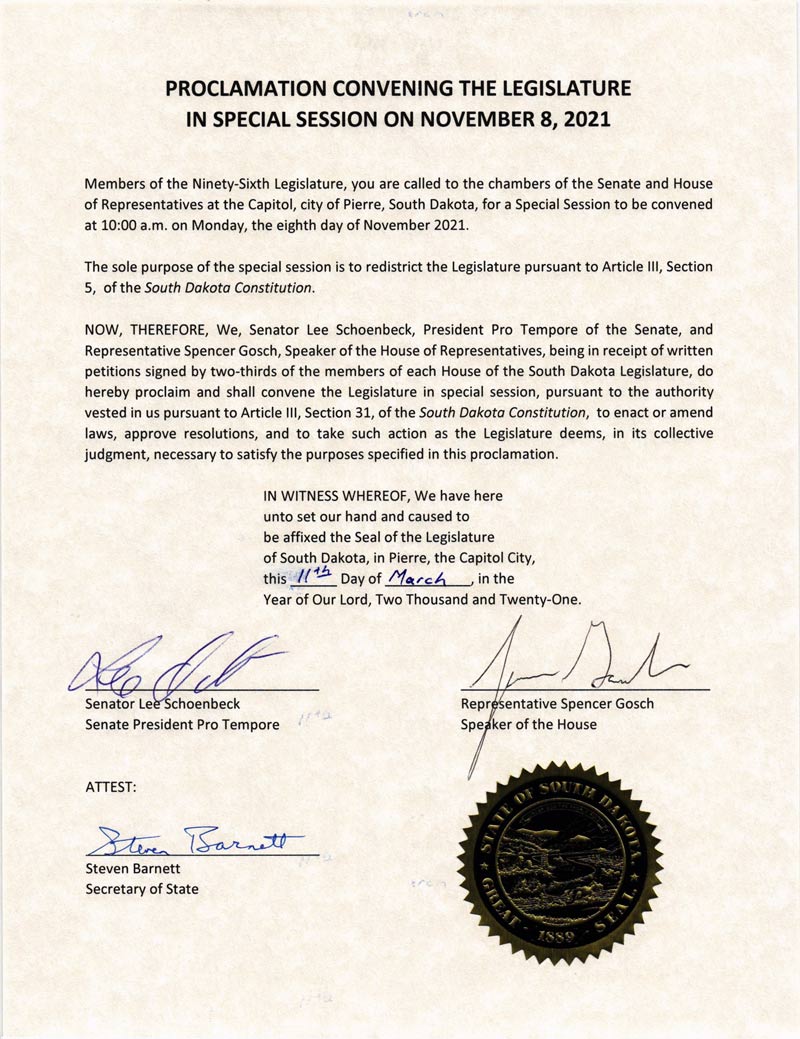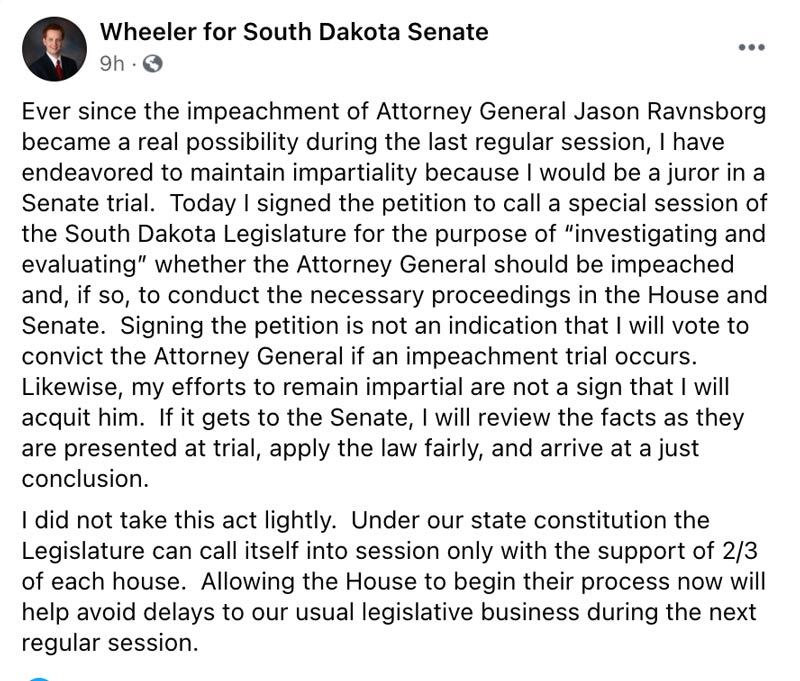Vermillion Schools sets course towards wide-ranging public battle over the transgendered bathroom/locker room issue.
Uh oh.
You remember that issue over transgendered individuals participating in sports and using bathrooms opposite of their birth gender? It’s back. And it’s going to be badder than ever.
This past legislative session, there was more than a bit of a stink over it, but we managed to move past the issue, because there really wasn’t any need to get hot and bothered over the issue, because except for arguing, it wasn’t prescient. It was more hullabaloo at the state level than it was the local level.
Until this week. Because the issue has been simmering in one of our university communities, and it started to boil over last night. And the Vermillion School Board has put the issue front and center in policymakers crosshairs, and pitted parents who vehemently disagree with boys being in girls bathrooms and vice versa against those who don’t think it’s a problem.
And I’d guarantee that also means we’re going to see it in Pierre once again, except this time with a little more urgency, because there’s a real world example to point to:
The Vermillion School Board spent nearly two hours Wednesday evening receiving public comment on a passionate topic – the restroom gender policy for the district.
The issue became the focus of attention when Vermillion School Superintendent Damon Alvey told board members last month that from time to time, requests are received for students to be able to use bathrooms opposite of their birth gender.
Read (and listen to) the entire story here.
And in case you wanted to see what Vermillion parents are going to be fighting with each other over….
Vermillion School Transgendered Bathroom Sample Policies by Pat Powers on Scribd
Students will be allowed to use the restroom and locker room that corresponds to the gender identity they consistently assert at school. No student will be required to use facilities that conflict with his or her gender identity consistently asserted at school. A transgender student or any other student who has a need or desire for increased privacy may be given the option of using a separate or private restroom or changing area, such as a single stall restroom, if such is available. No student shall, on account of their transgender status, be required to use such separate facilities.
The determination of consistently asserted gender may be determined in collaboration of any the following –parent/guardian, counselor, and/or building administrator. This policy does not require a student to provide any documentation about a gender dysphoria diagnosis but does require that the identity be consistently asserted.
As I said. “Uh oh.”
I get the distinct feeling that there’s going to be a battle involving parents, school boards, politicians at all levels, the SDSHAA, and given that we have a Democrat President, very possibly the federal government thrown in for good measure. This issue promises to be hard fought on either side, and I’d guarantee that we’ll see more than one bill coming in January.
I was communicating with one parent tonight who expressed that a number of parents “are trying to figure out if we can homeschool our kids successfully with our busy schedules,” and they’re “trying to get the word out to state legislators to let them know” about what’s taking place. Yeah, I can guarantee that legislators are going to know.
And the battle in Vermillion over kids being in the bathrooms opposite of their birth gender is going to be an issue that will be one of the major flashpoints for conflict this next legislative session.


 Huron, SD – South Dakota State Treasurer Josh Haeder formally announced today his intent to seek re-election to a second four-year term.
Huron, SD – South Dakota State Treasurer Josh Haeder formally announced today his intent to seek re-election to a second four-year term.



